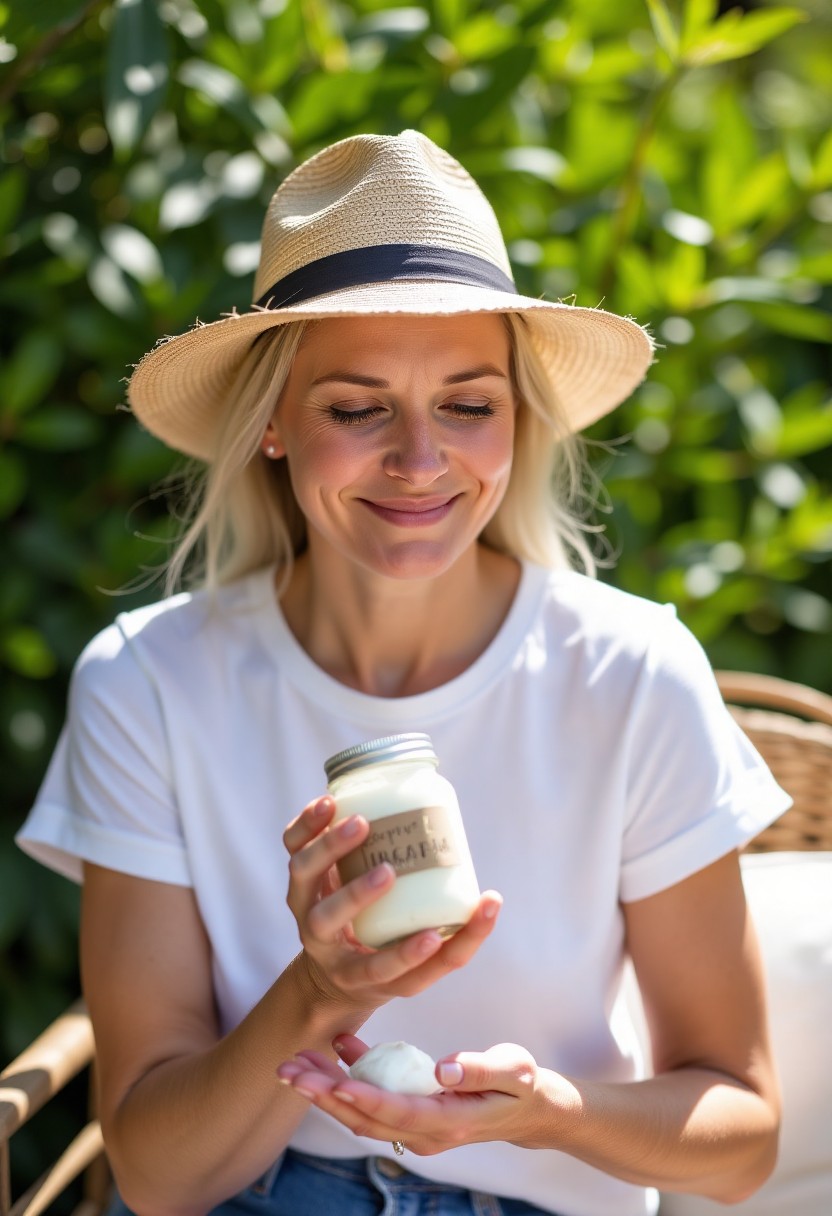Is RFK Right? New Study on Seed Cooking Oils Showing Scary Carcinogenic Effects
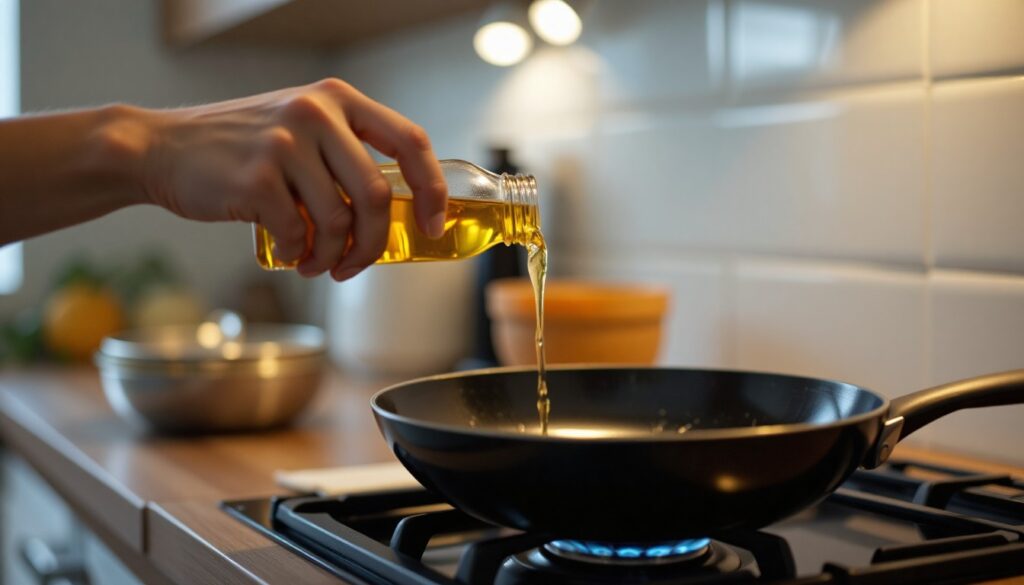
Are Your Cooking Oils Causing Cancer? Why Coconut Oil Is the Safer Choice

The Alarming Link Between Cooking Oils and Cancer
The Weill Cornell Medicine study, published on April 20, 2025, sent shockwaves through the health community by identifying a molecular link between linoleic acid and triple-negative breast cancer, one of the most aggressive forms of the disease. Linoleic acid is an omega-6 fatty acid found in abundance in seed oils like soybean, sunflower, and corn oil, which are staples in many kitchens. The researchers discovered that linoleic acid binds to a protein called FABP5 (fatty acid-binding protein 5), which is overexpressed in triple-negative breast cancer cells. This binding activates the mTORC1 pathway—a critical regulator of cell growth and metabolism—fueling tumor progression.
In preclinical studies, mice fed a high linoleic acid diet developed larger tumors, suggesting that dietary intake can directly exacerbate cancer growth. The study also found elevated levels of FABP5 and linoleic acid in blood samples from triple-negative breast cancer patients, making the link biologically plausible. Triple-negative breast cancer accounts for about 15% of all breast cancer cases, and with breast cancer being so common, this affects a significant number of people. Dr. John Blenis, the senior author of the study, noted, “This discovery helps clarify the relationship between dietary fats and cancer, and sheds light on how to define which patients might benefit the most from specific nutritional recommendations in a personalized manner.”
But the concerns don’t stop at breast cancer.
The study suggests that linoleic acid’s effects might extend to other cancers, like prostate cancer, due to its role in promoting chronic inflammation—a well-known contributor to cancer and other diseases. Modern diets, often rich in processed and ultra-processed foods, are overloaded with omega-6 fats like linoleic acid while lacking omega-3s (found in fish, flaxseeds, and walnuts), creating an imbalance that fuels inflammation.
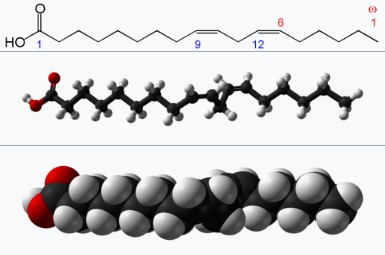
Why Seed Oils Are a Problem: The Science of Linoleic Acid
Linoleic acid is an essential fatty acid, meaning your body can’t produce it—you have to get it from food. It plays a role in skin health, cell membrane structure, and inflammation regulation. But here’s the catch: while you need some linoleic acid, the average Western diet provides way too much of it. A 2023 meta-analysis of 14 studies involving over 350,000 women found no significant overall link between linoleic acid intake and breast cancer risk in the general population. However, the Weill Cornell study highlights the importance of looking at specific cancer subtypes and individual factors, like FABP5 levels in cancer cells. In fact, another study even suggested linoleic acid might be protective against breast cancer in some contexts, showing how complex this issue is.
The real danger lies in the imbalance of omega-6 to omega-3 fats in our diets. A healthy ratio should be around 4:1 or lower, but many people are closer to 20:1 due to the prevalence of seed oils in processed foods. This imbalance promotes chronic inflammation, which is linked to a host of health issues beyond cancer, including heart disease, diabetes, and autoimmune disorders.
A 2018 study published in the *Journal of Nutrition* found that high omega-6 intake can increase inflammatory markers like C-reactive protein (CRP), which are associated with higher cancer risk. Seed oils are also often highly processed, stripped of nutrients, and prone to oxidation when heated, creating harmful compounds like aldehydes that may further contribute to cancer risk.

Coconut Oil: The Antidote to Seed Oils
So, what’s a safer alternative to these potentially carcinogenic cooking oils?
Enter coconut oil—a natural, minimally processed option that’s been celebrated for its health benefits for thousands of years.
Unlike seed oils, coconut oil is low in linoleic acid (only about 2% compared to 50-60% in soybean oil, for example), making it a much better choice for reducing inflammation and cancer risk. But what really sets coconut oil apart is its high content of lauric acid, a medium-chain fatty acid that makes up about 50% of its fat composition.
Lauric acid is a superstar when it comes to health.
It has powerful antimicrobial, antiviral, and antifungal properties, which can help boost your immune system and fight off infections. A 2020 study published in Nutrients found that lauric acid can reduce inflammation by inhibiting pro-inflammatory cytokines, counteracting the harmful effects of omega-6 overload. Lauric acid is also a medium-chain triglyceride (MCT), which means it’s quickly metabolized by your liver for energy rather than being stored as fat. This makes coconut oil a great option for sustained energy without the inflammatory baggage of seed oils.
But the benefits don’t stop there.
Coconut oil is rich in antioxidants, which help neutralize free radicals: unstable molecules that can damage cells and lead to cancer.
A 2019 study in the Journal of Food Science showed that virgin coconut oil has higher antioxidant activity compared to refined oils, thanks to its polyphenol content. These antioxidants may protect against oxidative stress, a key factor in cancer development. Plus, coconut oil’s saturated fats are stable at high temperatures, meaning they don’t break down into harmful compounds when you cook with them—unlike seed oils, which can oxidize and form toxic byproducts like 4-hydroxynonenal (HNE), linked to cancer and heart disease.
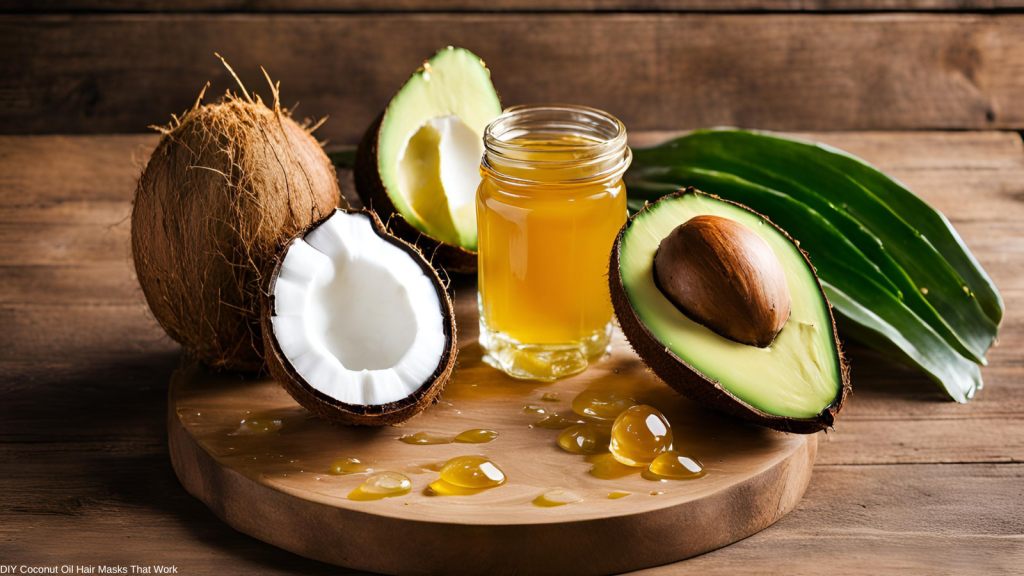
Avocado Oil: Another Safe Option (But Watch Out for Impurities)
Another excellent alternative to seed oils is avocado oil, which is mostly monounsaturated fats (about 70%) and has a very low linoleic acid content (around 10%). Monounsaturated fats, like those in olive oil, are known for their heart-healthy benefits, reducing bad cholesterol (LDL) without lowering good cholesterol (HDL). Avocado oil also has a high smoke point (around 520°F), making it ideal for high-heat cooking like frying, where seed oils often degrade. A 2021 study in the *Journal of the American College of Nutrition* found that avocado oil can reduce inflammation and improve metabolic health, offering a protective effect against chronic diseases.
However, not all avocado oils are created equal. A 2020 study by the University of California, Davis, tested 22 avocado oil brands and found that 82% were either rancid or mixed with cheaper oils like soybean or sunflower oil—despite being labeled as “pure.” Some samples contained as little as 50% avocado oil, with the rest being adulterated with linoleic acid-rich oils, defeating the purpose of switching. To ensure you’re getting pure avocado oil, look for brands that are cold-pressed, certified organic, and third-party tested for purity. While avocado oil is a great choice, coconut oil still stands out for its unique lauric acid content and broader health benefits.
How to Use Coconut Oil and Avocado Oil in Your Cooking
Switching to coconut oil and avocado oil is easier than you think, and both can elevate your cooking while keeping you safe from the risks of seed oils. Here’s how to use them:
- Coconut Oil: Perfect for baking, low-heat sautéing, or even as a butter substitute on toast. Its subtle coconut flavor adds a delicious touch to dishes like stir-fried veggies, pancakes, or smoothies. Since it’s solid at room temperature, you can also use it in recipes that need a firm texture, like homemade granola bars.
- Avocado Oil: Ideal for high-heat cooking like frying, roasting, or grilling. Its neutral flavor makes it versatile for savory dishes—think roasted potatoes, grilled chicken, or even homemade salad dressings. You can also use it for baking if you want a lighter flavor than coconut oil.
Both oils have a lot less linoleic acid than seed oils, helping you reduce inflammation and lower your cancer risk while still enjoying delicious meals. But for the added benefits of lauric acid and antioxidants, coconut oil takes the crown as the ultimate antidote to the harmful effects of seed oils.
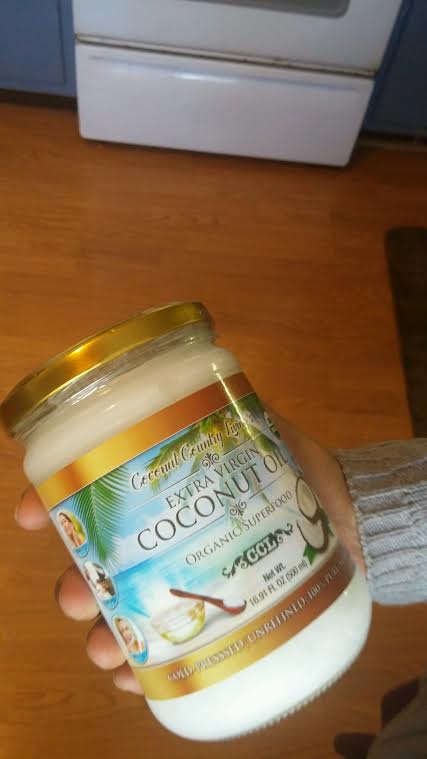
Why Choose Coconut Country Living’s Organic Extra Virgin Coconut Oil?
When it comes to coconut oil, quality is everything. At Coconut Country Living, we’re proud to offer the purest organic extra virgin coconut oil, sourced from the finest coconuts and packaged in a glass jar to ensure no plastic leaching—just pure, unadulterated goodness. Our coconut oil is cold-pressed to preserve its natural nutrients, including the powerful lauric acid that makes it such a health superstar. It’s also USDA-certified organic, non-GMO, and free from harmful additives, so you can cook with confidence.
Don’t just take our word for it—here’s what our customers have to say:
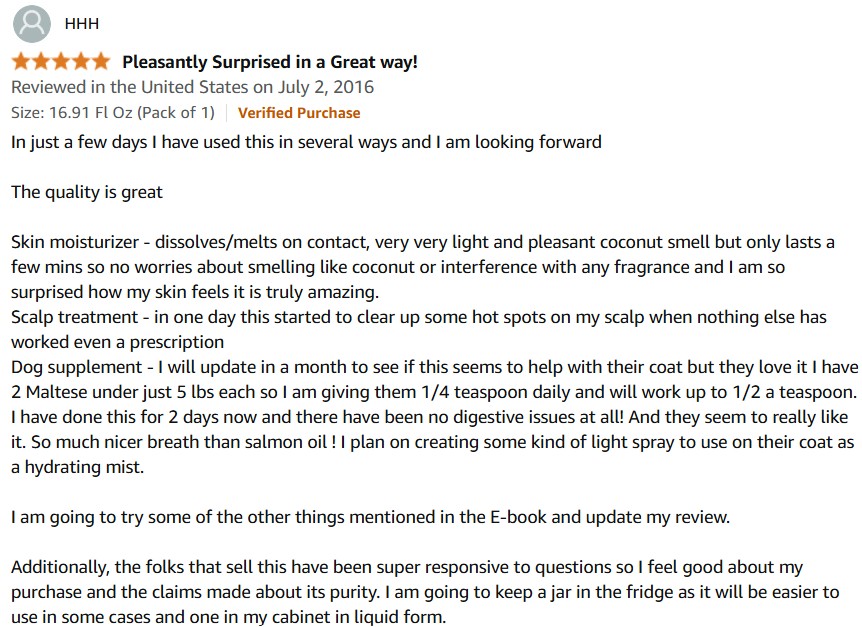

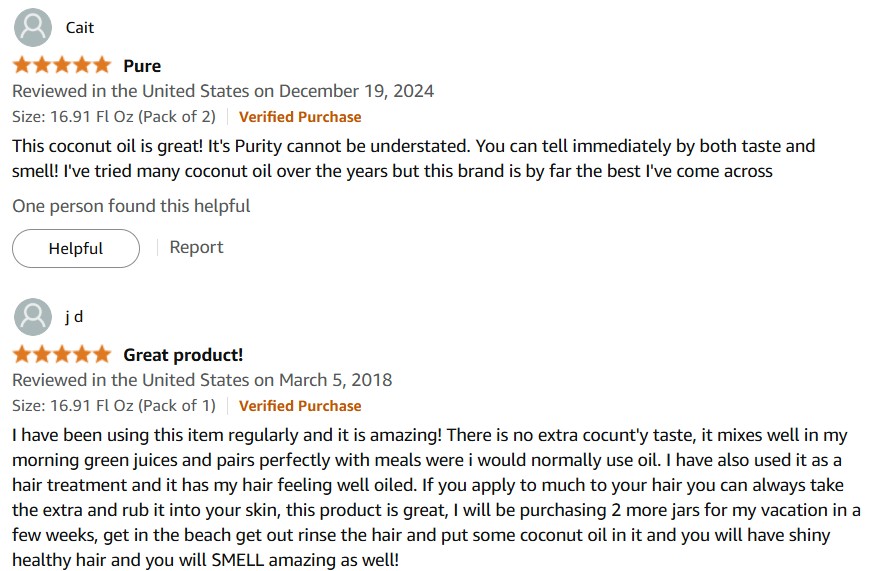
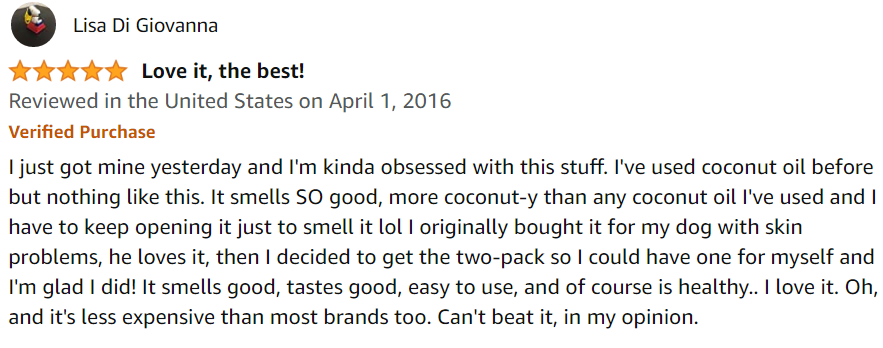 Ready to make the switch to a safer, healthier cooking oil?
Ready to make the switch to a safer, healthier cooking oil?
Right now, when you order from Coconut Country Living, you’ll also get a free eBook, Coconut Oil Hacks for Health and Beauty by best-selling author Michael DiSalvo, with every purchase. This guide is packed with tips on using coconut oil for cooking, skincare, and more, helping you unlock its full potential. Don’t miss out—grab your organic extra virgin coconut oil today through the link here to our online store and claim your free eBook or just find it on our store on Amazon!
Take Control of Your Health Today
The science is clear: the cooking oils you use every day could be putting your health at risk.
Linoleic acid in seed oils like soybean, sunflower, and corn can fuel aggressive cancers and chronic inflammation, but you have the power to make a safer choice. Coconut oil, with its lauric acid and antioxidant properties, offers a natural antidote, while avocado oil provides a stable option for high-heat cooking. By switching to these healthier fats, you can reduce your cancer risk, fight inflammation, and enjoy delicious meals without worry.
What cooking oils are you using right now? Have you made the switch to coconut or avocado oil? Share your thoughts in the comments below! And if you’re ready to protect your health with the best coconut oil on the market, head over to Coconut Country Living to get started. Follow us for more health tips, and let’s spread the love for a cleaner, safer way to cook!
Get our extra virgin coconut oil in a glass jar here: Amazon.com/coconutcountryliving
Hashtags: #CookingOils #LinoleicAcidDangers #CoconutOilBenefits #LauricAcid #SeedOilsRisk #AvocadoOil #CoconutCountryLiving #OrganicCoconutOil #CancerPrevention #HealthyCooking #Cancer #SeedOilsDanger



